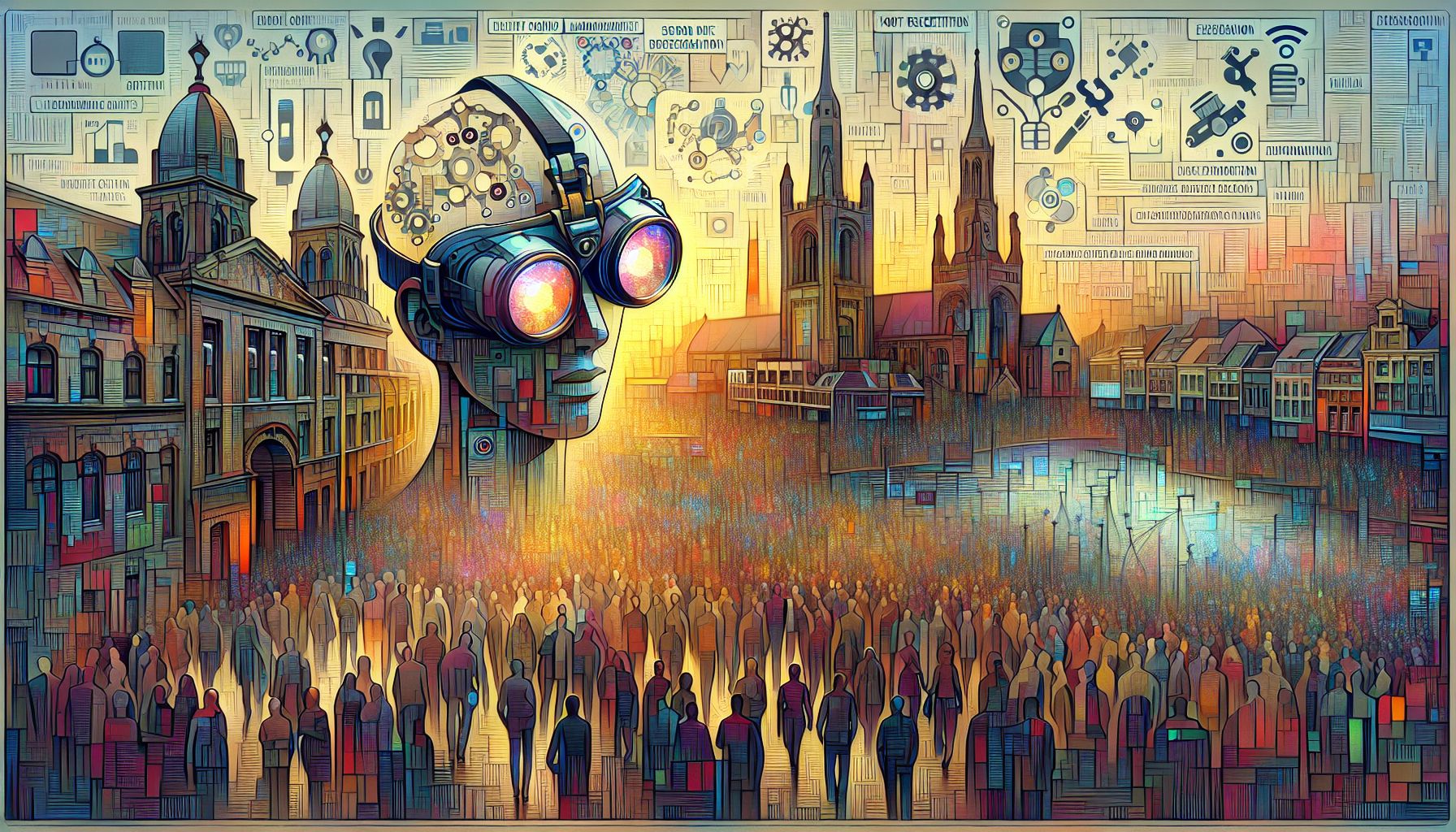The Hague's Smart City Endeavors: Key Successes and Learnings

The Hague, Friday, 24 January 2025.
The Hague showcases five years of smart city progress, highlighting successes like real-time crowd management tools, while addressing projects that were phased out, such as riot recognition technology.
Smart Infrastructure Integration
The Hague’s smart city initiative has been built upon an extensive fiber optic network that connects various street facilities throughout the city [1]. This digital backbone enables the integration of sensors, cameras, and network equipment across both above-ground and underground infrastructure, creating a comprehensive monitoring system [1]. A standout innovation has been the Crowd Safety Manager (CSM), which provides real-time 3D mapping of crowd movements using data from multiple sources including traffic registrations, public transportation, and anonymized visitor information [1].
Practical Applications and Success Stories
The implementation of smart technologies has yielded tangible benefits for city management. The CSM system proved particularly valuable during major events, enabling proactive crowd control and efficient resource allocation [1]. In the maritime sector, an automated ship registration system has enhanced port safety without compromising privacy [1]. Additionally, the city has integrated various startups into its urban improvement initiatives, including Sensoterra for water management and Smartmile for efficient urban delivery systems [5].
Learning from Discontinued Projects
Not all initiatives proved successful, providing valuable lessons for future smart city projects. A pilot project for riot recognition was discontinued due to technological limitations [1]. Similarly, an AI-powered camera system designed to detect nitrous oxide use was phased out when the specific social issue it addressed naturally subsided [1]. These outcomes demonstrate The Hague’s pragmatic approach to evaluating and adjusting its smart city initiatives based on both technical viability and actual societal needs.
Future Direction and Environmental Focus
Looking ahead, The Hague continues to align its smart city initiatives with broader sustainability goals. The city maintains an active air quality monitoring system, currently showing good air quality levels with an AQI of 40 [7]. As part of the EU Mission for climate-neutral cities, The Hague is working towards achieving carbon neutrality by 2030 [2][3]. Current exhibitions at the Atrium City Hall, such as ‘City of the Future’ running until February 5, 2025, showcase the city’s commitment to sustainable urban development through technological innovation [6].
Bronnen
- innovationorigins.com
- netzerocities.eu
- globalparliamentofmayors.org
- www.vng-international.nl
- www.f6s.com
- atriumcityhall.nl
- www.aqi.in

